May 2, 2024
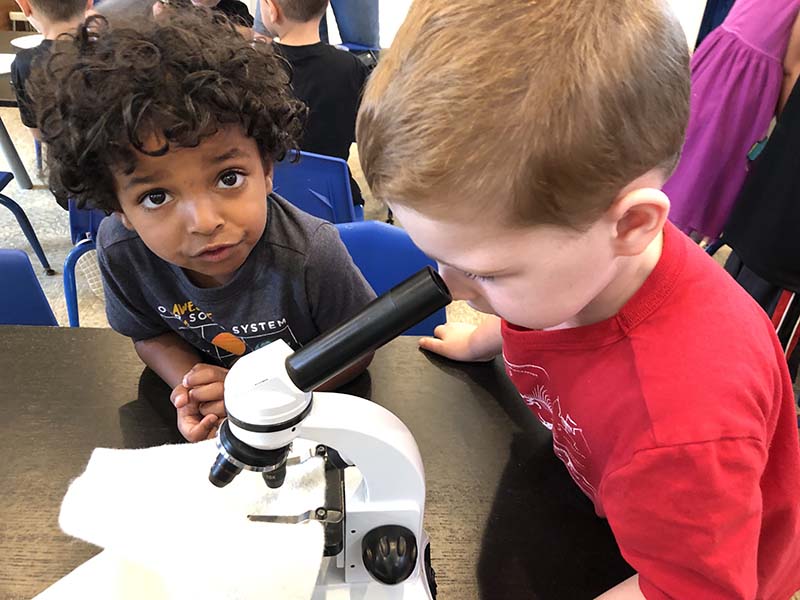
The Importance of STEAM Education for Young Children
At Park Shore Country Day School, something magical happens every day at the Extreme STEAM Science Center. It’s not just about robots buzzing or experiments fizzing; it’s about the spark of curiosity and the joy of discovery that lights up the faces of our youngest learners. Let’s explore why STEAM education is vital for preschoolers and how it influences their perspective on the world.
STEAM stands for Science, Technology, Engineering, Arts, and Mathematics—a multidisciplinary approach that encourages holistic learning and fosters skills essential for success in the 21st century. For young children aged 2-5, STEAM education is not about cramming facts but about nurturing a mindset—an approach to problem-solving, creativity, and critical thinking that sets the foundation for lifelong learning.
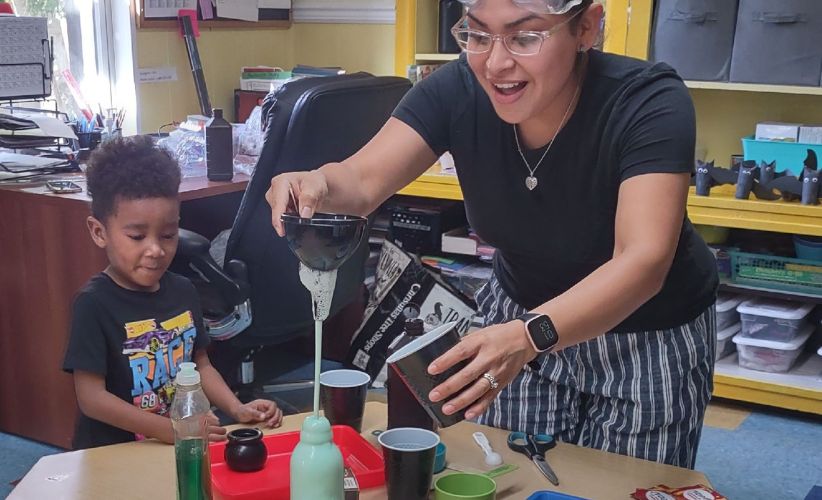
At Park Shore, we understand that children are natural explorers. They’re born with an innate curiosity to understand how things work, to ask “why,” and to dream big. STEAM education harnesses this innate curiosity and channels it into meaningful experiences that go beyond rote learning. When a child builds a tower using blocks, they’re not just stacking; they’re exploring concepts of balance, symmetry, and spatial reasoning.
The Extreme STEAM Science Center is a playground of possibilities for our preschoolers. Here, they engage in hands-on activities that blend science experiments, engineering challenges, artistic expression, and mathematical concepts seamlessly. It’s not about segregating subjects but about showing children how these disciplines intertwine in the real world.
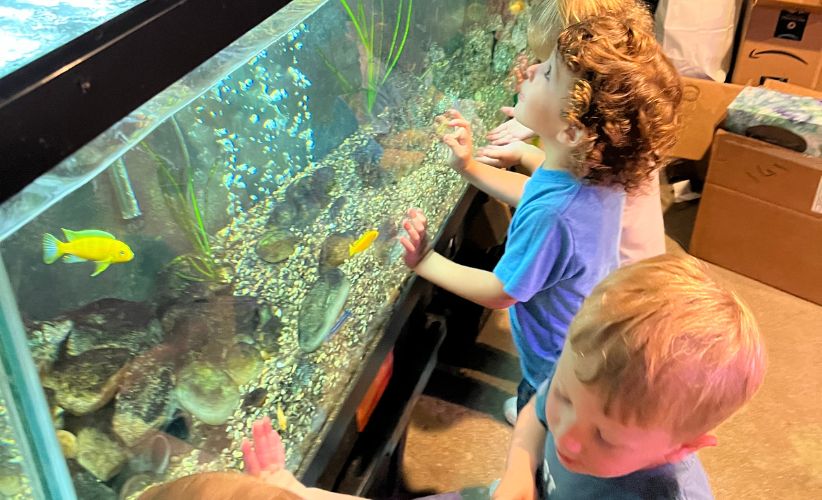
In The Cave, surrounded by mesmerizing aquariums teeming with aquatic life and intricate terrariums showcasing miniature worlds, children embark on journeys of discovery. They learn about the delicate balance of ecosystems, the importance of biodiversity, and the wonders of nature’s interconnectedness. Through observations, interactions, and experiments, they develop a profound appreciation for the natural world and gain insights into environmental stewardship from an early age.
The Hydroponics Grow Lab offers a unique perspective on agriculture and sustainability. Children explore innovative methods of plant cultivation without soil, learning about nutrient cycles, water conservation, and the impact of technology on food production. They witness firsthand how science and engineering can revolutionize traditional practices, sparking their curiosity about scientific advancements and their potential to address global challenges.
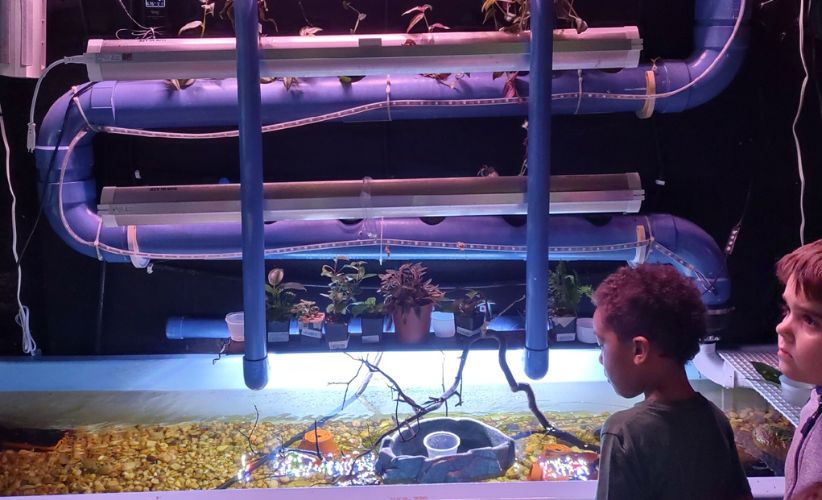
Why is this so important? Because the skills developed through STEAM education are the skills of the future. In a rapidly evolving world, where automation and technology are reshaping industries, children need more than just rote knowledge—they need adaptability, creativity, and the ability to think critically. STEAM education nurtures these skills organically.
Imagine a child exploring a simple circuit and discovering the magic of electricity. In that moment, they’re not just learning about science; they’re learning to question, experiment, fail, and try again. They’re developing resilience, problem-solving skills, and a growth mindset—all essential qualities for success in any field.
Moreover, STEAM education fosters a love for learning that goes beyond grades or test scores. It’s about igniting a passion—a curiosity that drives children to ask questions, seek answers, and explore the world around them with wonder and awe. It’s about nurturing future innovators, thinkers, and changemakers.
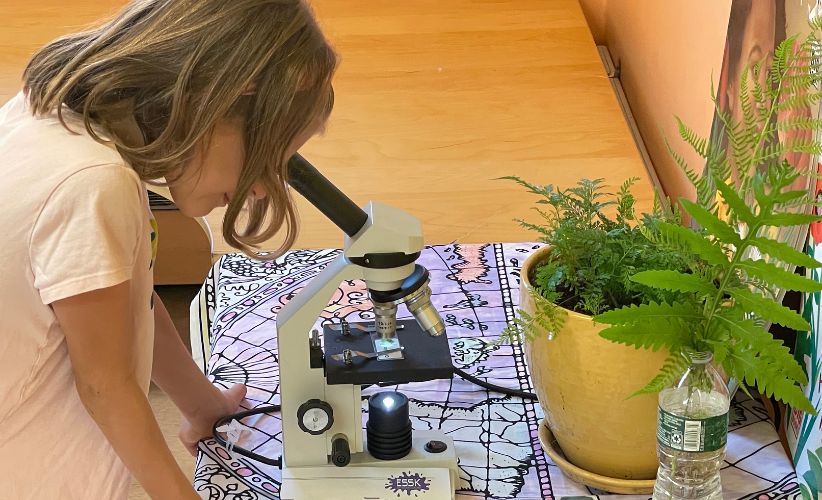
As parents and educators, we play a crucial role in cultivating this curiosity and creativity. We provide the environment, the tools, and the guidance, but it’s the child’s innate drive to learn and explore that propels them forward. Together, we create a journey of discovery—a journey where every question sparks a new adventure and every challenge becomes an opportunity to grow.
So, let’s celebrate the wonder of STEAM education for our young learners. Let’s embrace the messy experiments, the creative chaos, and the joy of “aha” moments. Because in the end, it’s not just about what our children learn—it’s about who they become: curious, creative, and ready to conquer the world one discovery at a time.
